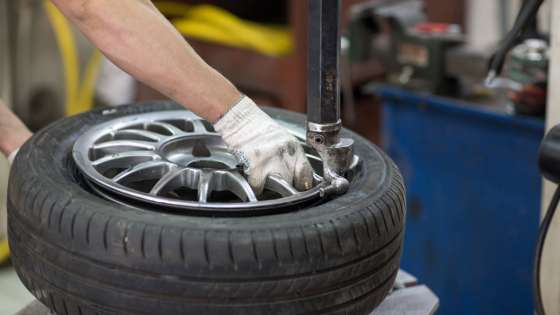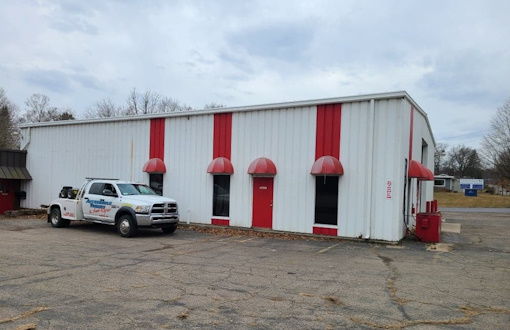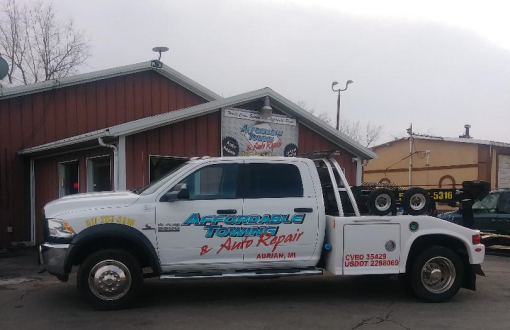Winter snow and ice cause a lot of damage to pavement and parking lots, and the spring thaw can be just as hazardous to car tires and suspension, requiring extensive auto repairs that might be avoided. Changing seasons affect your vehicle, so here are a few tire maintenance tips that can make a difference this season.
Check the tire pressure – accidents can happen when the tire pressure isn’t correct on your car or truck. It makes handling more difficult, and the response of the vehicle is compromised when critical measurements are up to standard. Know the proper tire pressure for your car tires, and keep in mind the weight of the car, the weight of any cargo being hauled, and the condition of the road. Cold temperatures affect accurately measuring the tire pressure.
Balance and alignment make a difference – if you have to inflate your tires frequently, you could have a leak; or your tires might be out of balance or out of alignment. This can also cause the tire to wear unevenly, which will make it wear out faster.
Check the treads – those little grooves in the tire serve a purpose, and they should be maintained at the proper level; your life could depend on it! Adequate tread coverage around the entire tire is important, without worn spots or thin treads near the outer edges. These indicate problems that need to be addressed. Analyzing the tread will tell you if the tire is still in good shape, or if it needs to be replaced.
Rotation is important – when you rotate the tires on a regular basis, you give them a chance to wear evenly for the conditions of the car. Proper rotation follows a specific pattern, so check with your auto repair shop to get it done correctly.
Some auto repairs are part of regular, routine maintenance or inspection, and tire maintenance is just as important as changing the oil or the air filter.



